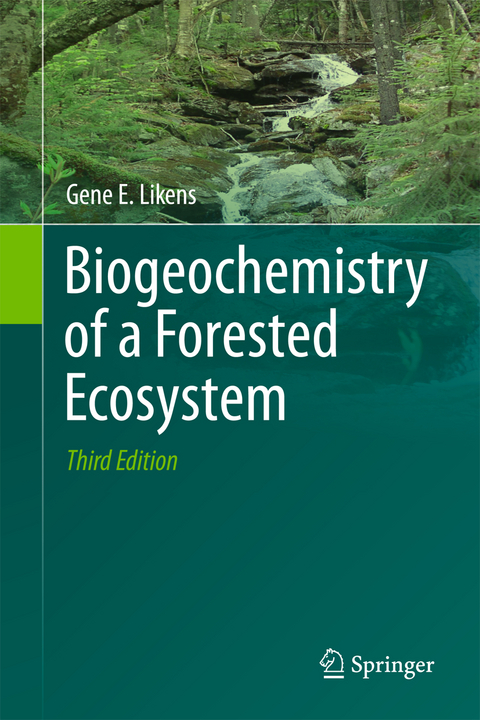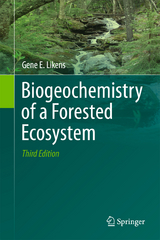Biogeochemistry of a Forested Ecosystem
Springer-Verlag New York Inc.
978-1-4614-7809-6 (ISBN)
Dr. Likens' research focuses on the ecology and biogeochemistry of forest and aquatic ecosystems, primarily through long-term studies at the Hubbard Brook Experimental Forest, in the White Mountains of New Hampshire. He was the co-founder of the Hubbard Brook Ecosystem Study in 1963, which has shed light on critical links between ecosystem function and land-use practices. He and his colleagues were the first scientists to discover acid rain in North America and to document the link between the combustion of fossil fuels and an increase in the acidity of precipitation. His findings have influenced politicians and policy makers, guided and motivated scientific studies, and increased public awareness of human-accelerated environmental change.
1. Ecosystem Analysis.- 2. Hydrology.- 3. Chemistry.- 4. Input-Output Budgets.- 5. Weathering.- 6. Nutrient Cycles and Mass Balances.- 7. The Northern Hardwood Ecosystem in the Hubbard Brook Valley in Relation to Other Forest Ecosystems.- 8. Summary Discussion and Conclusions.
| Zusatzinfo | XXI, 208 p. |
|---|---|
| Verlagsort | New York, NY |
| Sprache | englisch |
| Maße | 155 x 235 mm |
| Themenwelt | Naturwissenschaften ► Biologie ► Ökologie / Naturschutz |
| Naturwissenschaften ► Geowissenschaften ► Geografie / Kartografie | |
| Naturwissenschaften ► Geowissenschaften ► Mineralogie / Paläontologie | |
| Weitere Fachgebiete ► Land- / Forstwirtschaft / Fischerei | |
| Schlagworte | Biogeochemie • Ökosystem • Wald |
| ISBN-10 | 1-4614-7809-X / 146147809X |
| ISBN-13 | 978-1-4614-7809-6 / 9781461478096 |
| Zustand | Neuware |
| Haben Sie eine Frage zum Produkt? |
aus dem Bereich




